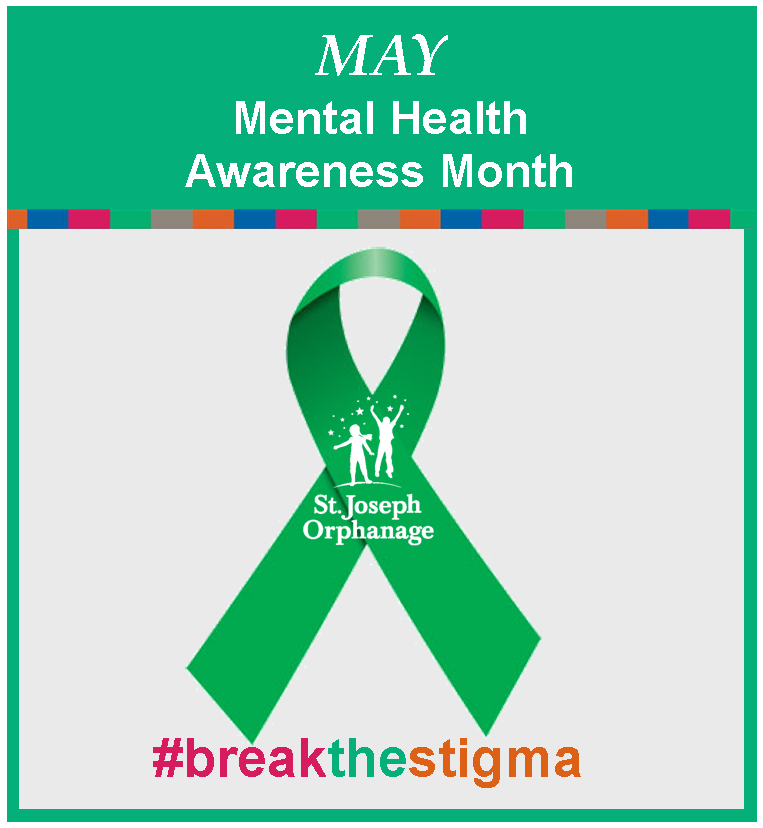Mental Health Awareness Month
May 2, 2016

Spread The Word About Mental Health
#breakthestigma
All to often there is this stigma that comes along with “Mental Health”. Because of these stigmas, many people are afraid to speak up and seek help. If we only educate ourselves and learn some of the Signs & Symptoms we can stomp out the stigma!
Stigmas around these are often our own faults because it is so easy to group over 200 different classified Mental Illnesses like: anxiety, bi-polar disorder, depression, eating disorders, schizophrenia, Post Traumatic Stress Disorder (PTSD), Obsessive Compulsive Disorder (OCD), etc together as “Mental Illness”. These completely different mental illnesses are unique in their own ways. The term “Mentally Ill” will not help us to educate anyone in understanding what someone is going through. Instead let’s use the clinical diagnosed terms like depression, anxiety, eating disorder, etc. Saying someone is Mentally ill is like saying someone is injured. “My child has an injury.” If we classified a paper cut, a broken leg, brain injury, and other injuries as the same it would be difficult for us to assist in getting the help and resources the child needs.
“Every year 23 million people suffer from addiction and mental health concerns. Only 3 million seek help.”
Many times the people we turn to for help like teachers, parents, and other trusted adults say the children are just stubborn, spoiled, or lazy. Instead of making excuses we should be getting children and families the resources they need to have a Medical Professional make that decision.
These can start in early childhood, pre-adolescents, and adults, but often go diagnosed because we do not speak up.
Look For These Signs & Symptoms:
- Changes in school performance
- Poor grades despite strong efforts
- Excessive worry or anxiety (i.e. refusing to go to bed or school)
- Hyperactivity
- Persistent nightmares
- Persistent disobedience or aggression
- Frequent temper tantrums
- Substance abuse
- Inability to cope with problems and daily activities
- Changes in sleeping and/or eating habits
- Excessive complaints of physical ailments
- Defiance of authority, truancy, theft, and/or vandalism
- Intense fear of weight gain
- Prolonged negative mood, often accompanied by poor appetite or thoughts of death
- Frequent outbursts of anger
- Confused thinking
- Prolonged depression (sadness or irritability)
- Feelings of extreme highs and lows
- Excessive fears, worries and anxieties
- Social withdrawal
- Dramatic changes in eating or sleeping habits
- Strong feelings of anger
- Delusions or hallucinations
- Growing inability to cope with daily problems and activities
- Suicidal thoughts
- Denial of obvious problems
- Numerous unexplained physical ailments
- Substance abuse
Contact St. Joe’s for you or a loved one.
(513)741-3100
admissions@SJOkids.org
